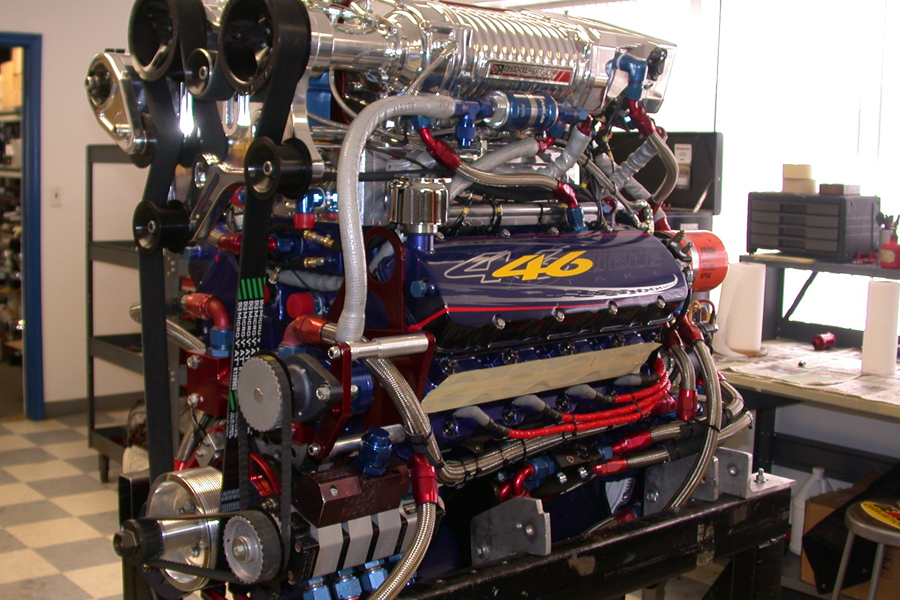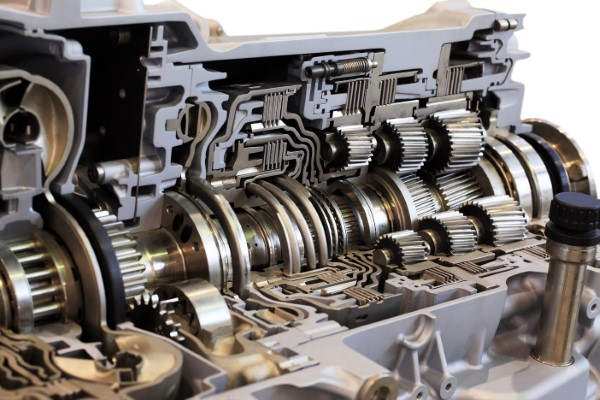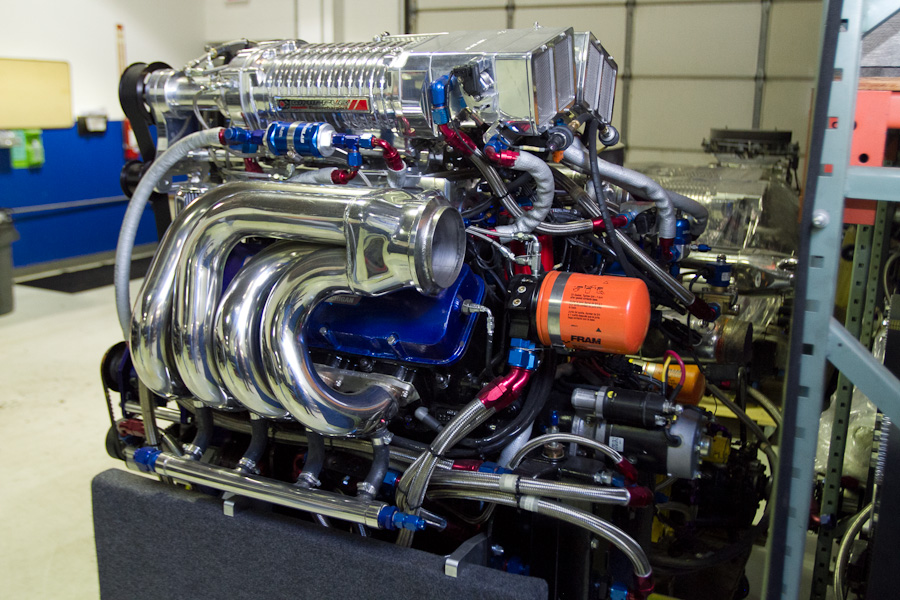When it comes to the thrill of driving, nothing compares to the raw power and precision of a high-performance engine. These engines are engineered to deliver more horsepower, faster acceleration, and enhanced responsiveness compared to standard engines.
In this article, we’ll explore what makes high-performance engines special, how they work, common types, and tips for maximizing their potential.
🔍 What Is a High-Performance Engine?
A high-performance engine is designed to produce more power and efficiency than a regular engine. It typically includes advanced engineering, specialized components, and fine-tuned systems to achieve superior performance in terms of:
- 🏁 Acceleration
- 💨 Top speed
- ⚙️ Torque and horsepower
- 🛞 Throttle response
- 🏋️♂️ Load-bearing capacity
These engines are often found in sports cars, supercars, race cars, and performance-modified street vehicles.
⚙️ Key Features of High-Performance Engines

High-performance engines aren’t just bigger—they’re smarter, faster, and more refined. Here’s what sets them apart:
1. High Compression Ratios
Higher compression allows more power to be generated per combustion cycle, improving overall performance and efficiency.
2. Turbocharging or Supercharging
Forced induction systems increase air intake, boosting horsepower without significantly increasing engine size.
3. Lightweight Components
Materials like aluminum and titanium reduce engine weight, enhancing speed and efficiency.
4. Performance Camshafts
These optimize valve timing for more aggressive power output at higher RPMs.
5. Precision Fuel Injection
Advanced fuel systems ensure accurate and efficient delivery for maximum combustion.
6. Enhanced Cooling Systems
Larger radiators, intercoolers, and oil coolers prevent overheating during high-speed driving.
7. Custom ECU Tuning
Performance ECUs are calibrated for sharper throttle response, better air-fuel ratio, and optimized ignition timing.
🚗 Common Types of High-Performance Engines
| Engine Type | Description |
| V8 Engine | Powerful and balanced, common in muscle and sports cars |
| V6 Twin Turbo | Offers a mix of performance and fuel efficiency with added boost |
| Inline-6 | Smooth operation with high revving potential |
| Boxer Engine | Low center of gravity for improved handling, found in Porsche/Subaru models |
| Electric Performance Motors | Instant torque and acceleration with zero emissions |
🔧 How to Upgrade for High Performance
If you want to transform a standard engine into a high-performance beast, here are key upgrades:
🔩 1. Performance Air Intake
Improves airflow, helping the engine breathe better and generate more power.
🔥 2. Aftermarket Exhaust System
Enhances exhaust flow, reducing backpressure and increasing horsepower.
🧠 3. ECU Remapping or Tuning
Custom tunes extract maximum performance by optimizing fuel maps and timing.
🏁 4. Forced Induction (Turbo/Supercharger)
Add-ons like turbochargers or superchargers significantly boost horsepower.
🧊 5. Intercoolers and Cooling Mods
Essential for maintaining optimal temperatures under high stress.
💡 Benefits of High-Performance Engines

- ✅ Faster acceleration and top speeds
- ✅ More responsive throttle and handling
- ✅ Higher horsepower and torque output
- ✅ Better power-to-weight ratio
- ✅ Increased driving pleasure and excitement
⚠️ Considerations Before Choosing a High-Performance Engine
While the power is thrilling, high-performance engines come with added responsibilities:
- ⛽ Fuel consumption is higher than regular engines
- 🧰 Maintenance costs can be more expensive
- 🛢️ Requires premium fuel and high-grade lubricants
- 🧠 Must be tuned properly to avoid engine damage
- 🧑🔧 Often needs specialized repair shops or expertise
📌 Tip: Always ensure your transmission, brakes, and suspension can handle the increased power.
📘 FAQs About High-Performance Engines
Q1: What is considered a high-performance engine?
An engine that delivers above-average horsepower, torque, and responsiveness through advanced components and tuning.
Q2: Are turbocharged engines always high-performance?
Not always. While turbocharging boosts power, it depends on the overall engine setup and tuning.
Q3: How long do high-performance engines last?
With proper maintenance, they can last as long as regular engines, but hard driving can shorten lifespan.
Q4: Is tuning necessary for a high-performance engine?
Yes, tuning ensures the engine runs efficiently, safely, and delivers peak performance.
Q5: Can you make a regular engine high-performance?
Yes, through upgrades like air intake, exhaust, ECU tuning, and turbocharging.
Q6: What cars come with high-performance engines?
Sports cars like the Ford Mustang GT, BMW M3, Porsche 911, Chevrolet Corvette, and many supercars.
Q7: Do high-performance engines require special oil?
Yes, synthetic high-performance oil is often required for proper lubrication under stress.
Q8: Is a high-performance engine good for daily driving?
Some are, especially if balanced with efficiency, but many are better suited for spirited or track driving.
✅ Conclusion: The Heart of Speed and Power
High-performance engines are built for enthusiasts who crave speed, control, and an adrenaline rush behind the wheel. Whether you’re modifying your car or purchasing a sports model, understanding the features, benefits, and maintenance of high-performance engines helps you make smarter decisions. With the right upgrades and care, your engine can go from average to extraordinary — delivering a driving experience that truly thrills.




